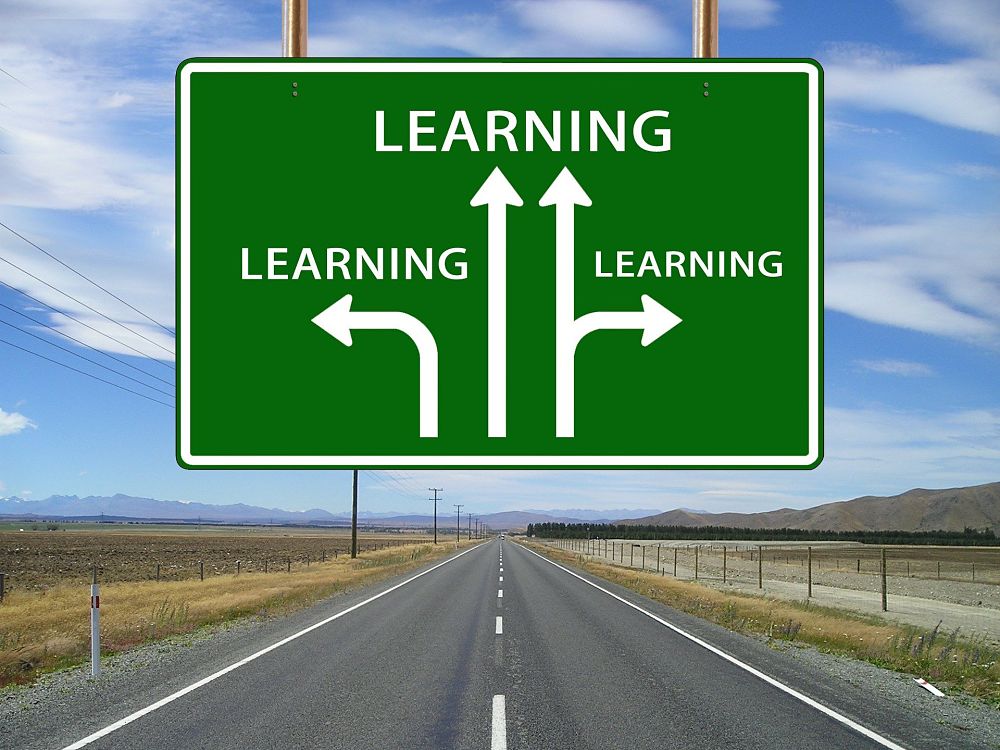Learning basic Vietnamese phrases as a tourist is critical for getting around, ordering food and drink, and most importantly, for connecting with the local culture and people. While it is relatively easy to manage as an English-speaking tourist in Vietnam, not everyone can speak English.
Additionally, understanding and speaking some useful Vietnamese phrases can go a long way; it will deepen your experience and local people will love and appreciate your effort. Vietnamese is certainly not easy as it is a tonal language. There are six tones so one word can mean six different things. But don’t worry! With our basic guide to useful Vietnamese phrases and some practice, you’ll really make the most of your trip.

Common Vietnamese Phrases for Tourists
Tonal Marks in Vietnamese
No one expects miracles overnight of course, but having an idea of the 6 tones in Vietnamese can really help with your pronunciation. If you’re an English speaker, such tones might appear a difficult concept to grasp. But bear in mind that even English uses ‘higher’ tones in the cases of exclamation and question marks – there are just far more in Vietnamese than English speakers may be used to in their own language.
| Tonal Mark | Description |
| bạ | a short word |
| bà | lower than previous word |
| bá | higher than previous word |
| bã | a rounded vowel-sound |
| bả | a harder vowel-sound |
Greetings
Greetings in a local language are a bridge for connection and a great place to start when learning common Vietnamese phrases as a tourist. Know these common greetings and you’ll be set to start a conversation.
Hello – Xin chào (Sin Chow)
Goodbye – Tạm biệt
My name is _____ Tên tôi là ___ (Den toy la ___)
How are you? – Bạn khỏe không? (Ban kwe khom)
Yes – Vâng (vang)
No – Không (khom)
Polite Phrases
Thank you –Cảm ơn (Cam urn)
You’re Welcome –Không có gì (khom coh chee)
Excuse Me/Sorry –Xin lỗi (sin loy)

Basic Vietnamese for Ordering and Eating Food
The food in Vietnam is a core part of the culture, and ultimately your travels. Vietnam boasts some of the best street food in the world, from Pho to Banh Xeo to Bun Bo Hue. It will be super helpful to know some basic Vietnamese phrases once you start ordering and tasting all the diverse food options.
Hot/Spicy – Cay (kigh)
I’m vegetarian – Tôi ăn chay (doi an chayh)
1, 2, 3, cheers! –Một, hai, ba, vô! (mote, hi, ba, yo)
Delicious! – Ngon quá (ngon wha)
No Sugar – Không đường (comb dew-ung)
Meat –Thịt (thit)
Fish – Cá (car)
Eggs – trứng (tchung)
Milk – sữa (schua)
Chicken – Gà (gar)
Beef – Bò (boh)
Rice – Cơm (curm)
Beer – Bia (bia)
How much? – Bao nhiêu? (bow nyew)
Directions
These common direction-related useful Vietnamese phrases will be handy throughout your entire trip, especially if you are taking a Grab bike to get around.
Where is the bathroom? – Nhà vệ sinh ở đâu? (nyah vey sin uh dow)
Turn Left – Rẽ trái (ray-uh try)
Turn Right – Rẽ phải (ray-uh fy)
Stop – Dừng lại (yung lie)
Go – Đi đi (dee dee)
Slow Down – Chậm lại (chum lie)

Basic Numbers and Sizes
Numbers come in really handy when ordering drinks and food!
Numbers:
| One | Một (mote) |
| Two | Hai (hi) |
| Three | Ba (ba) |
| Four | Bốn (bon) |
| Five | Năm (num) |
| Six | Sáu (sow) |
| Seven | Bảy (by) |
| Eight | Tám (tam) |
| Nine | Chín (chin) |
| Ten | Mừơi (Muoi) |
Sizes:
Big – Lon (lunh)
Small – Nho (n-yor)
Medium – Vua (vurh)
Tips for Learning Basic Vietnamese
Repetition
Practice makes perfect and sometimes we need to say and hear things out loud several times before it sticks. Keep repeating words on your own and ask native speakers to repeat a phrase so you can hear how it’s spoken – this is especially important with Vietnamese!
Don’t be afraid of looking silly
When you are learning a new language, you have to use it in practice. Sometimes, this feels embarrassing, but it’s the mistakes that will improve your competency in the language you are learning. Once you allow yourself to let go and ask for help, your confidence with the language will grow. Use your basic Vietnamese any chance you have.
Use online resources
There are plenty of free online tools such as Duolingo and Youtube to help you with your grammar and pronunciation. If you are even more serious, you could hire a local tutor to maintain consistency.